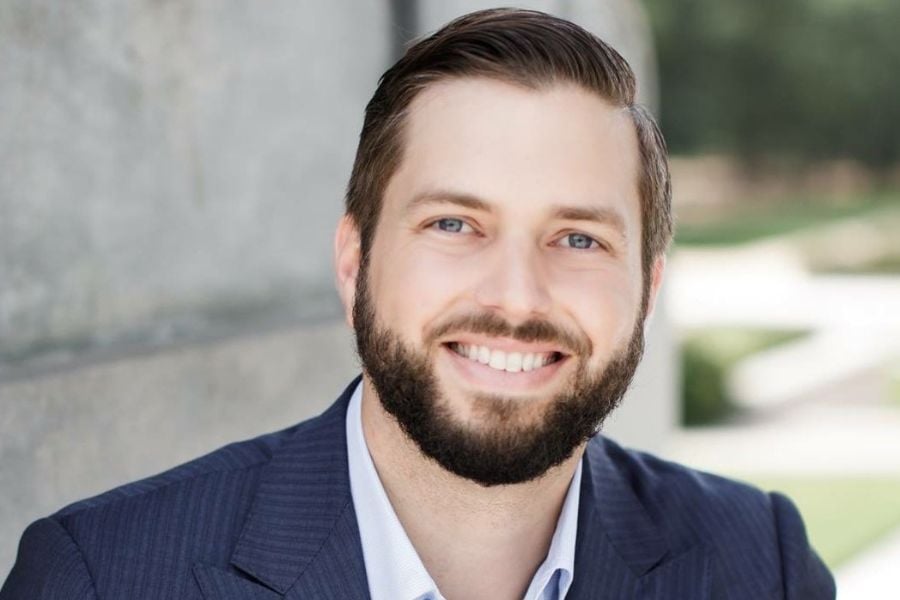

Ashley Foster isn’t like most financial planners. In fact, he’s one of a select few advisors who focus on a niche that most wouldn’t think of: veterinarians.
Foster, the founder of Nxt:Gen Financial Planning, an independent firm in Houston, says his love of working with veterinarians came from marrying one. While the original concept for Nex:Gen was working with next-generation clients and young professionals, he said, the firm ended up focusing on veterinarians as he started getting into those networks because of his wife.
“Now, we’re almost 100 percent into focusing on veterinarians,” he said.
The veterinarians Foster serves skew very heavily female and seek him out for financial planning when they’re in their late 20s or early 30s. They’re typically recent grads of veterinary school who have a large amount of student debt, he explained.
“The average veterinary student probably graduates with somewhere in the range of about $120,000 to $130,000 of student debt,” Foster says. “The majority of the clients that I work with have student loans that range [from] $200,000 to $300,000. Obviously, when you start out in life, that is not a fun number to have hanging around your neck.”
A large part of his work with his clients is helping them manage their student loans so that they can “put those in a drawer somewhere else” and focus on their profession and being the best veterinarians that they can possibly be, he added.
Foster noted that veterinarians also face a high rate of burnout. “It’s very much a passion career,” he said. “They go through the same schooling as physicians, for four years of vet school, and they graduate, and they make a lot less than physicians.
“They don't get into veterinary medicine because of the money, they get into veterinary medicine because they have a passion for animals,” he added. “Somewhere along the line, there was a passion that got sparked.”
In addition to the high rate of burnout vets face, Foster noted that they are also one of the groups with the highest rates of suicide in the U.S., along with accountants, dentists and police officers.
“A good part of what I do is I help them with financial life planning,” he explained. “I take them through a process that I think is very well designed for them to not only help them on the financial side, but also help them discover what their previous money stories are. On the flip side, I help them understand what their values are, and then help them orient their money in a direction to where they are not just trying to achieve financial goals, but really trying to achieve life goals.”
Foster aims to “really help them manage their cash flow, teach them the basics of finance, and then help them create a particular banking structure that supports their long-term growth,” he said.
While he’s seen and witnessed a lot of success stories, he’s also seen some of the challenges his clients face being a vet. Many veterinarians also fail to learn the basics of financial planning while in vet school, which is also why Foster got involved in serving them.
“99% of them don't learn a lot of these things so they come out with a lot of medical education, very little financial education,” he said. “There's a lot of upfront education that needs to go on, and there's a lot of hand-holding that also needs to occur, since most of these clients are coming to me because they have a ton of different avenues that they can go, and they just don't know where to go forward.”
For advisors who might be considering working with veterinarians, Foster provides some insight as to what he’s learned in working with them.
“You need to be very emotionally prepared to work with veterinarians, very empathetic, to work with them, and understand that they're not in it for the money, they're in it for the passion of the animals,” he says. “If you can focus on helping guide them along, and also preserve their mental health, as well as their financial health, I think that's where planners that don't work in a niche can really add a lot of value for those types of clients.”
Name: Ashley Foster
Position: Founder and certified financial planner
Company: Nxt:Gen Financial Planning
Founded: 2018
AUM: $14.77 million

Integrated Partners is adding a mother-son tandem to its network in Missouri as Kestra onboards a father-son advisor duo from UBS.

Futures indicate stocks will build on Tuesday's rally.

Cost of living still tops concerns about negative impacts on personal finances

Financial advisors remain vital allies even as DIY investing grows

A trade deal would mean significant cut in tariffs but 'it wont be zero'.
RIAs face rising regulatory pressure in 2025. Forward-looking firms are responding with embedded technology, not more paperwork.
As inheritances are set to reshape client portfolios and next-gen heirs demand digital-first experiences, firms are retooling their wealth tech stacks and succession models in real time.
